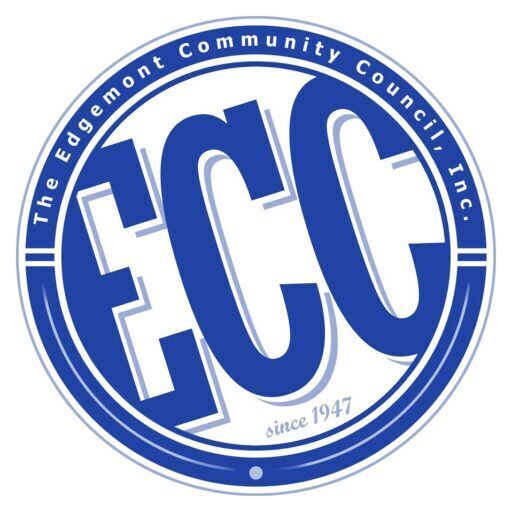In a major victory for Edgemont residents demanding that the Town enforce a law written last year by the Edgemont Community Council aimed at shutting down brothels fronting as massage parlors on Central Avenue, a state supreme court judge last week dismissed a legal challenge to the law brought by the American Massage Therapy Association (“AMTA”) and an individual AMTA member who lives in the Town.
The court said the AMTA and its members, who are all licensed massage therapists, did not have legal standing to challenge the Town’s law, which was aimed at massage businesses in town that do not employ licensed massage therapists, and dismissed the lawsuit on that basis.
The law, which was written by ECC president Bob Bernstein and had the support of Greenburgh Police Chris McNerney, who called Edgemont the “massage parlor capitol of Westchester County,” required that all massage establishments in unincorporated Greenburgh be licensed and, once licensed, be subject to a special permit to be granted by the town board following a public hearing.
By requiring all massage establishments to first get a license, the police are able to conduct background checks on the owners and managers of such establishments to make sure, among other things, they have no history of having employed non-licensed massage therapists, which is a felony in New York. The special permit requirements are intended as an extra layer of protection to allow the public to be heard prior to any licensed massage establishments being allowed to remain open in Greenburgh.
According to adult websites that advertise and “review” so-called “massage parlors” in Westchester, there are at least five such businesses currently operating in Edgemont along Central Avenue.
The massage law, which was enacted on November 9, 2015, was supposed to have gone into effect “within four months” of its having become effective. But Town Attorney Tim Lewis, who opposed enactment of the law, did not prepare until this past summer the application that massage establishments needed to complete to be licensed – even though to prevent that kind of foot-dragging, the application’s exact wording was set forth in the law that was enacted back in November.
Town Supervisor Paul Feiner said the Town would nevertheless start enforcing the law this month, but it’s unclear whether and how that will occur and the five “adult” massage parlors in Edgemont so far show no sign of closing.
The AMTA had argued that Greenburgh’s massage law was “pre-empted by New York State law” requiring that all massage therapists in New York be licensed. Town Attorney Lewis had made the same argument to justify his refusal to draft the massage law when he was originally asked to do so, which is what prompted Mr. Bernstein to draft it instead.
Once the law was drafted, town officials initially refused to introduced it, which prompted the ECC to publish just as the Town was refusing to act website links featuring scantily clad women announcing that several new massage parlors in Edgemont were celebrating their “grand opening.”
Once the law was introduced, the town attorney’s office tried to kill the measure by successfully lobbying the Town’s Planning Board to seek an opinion from Attorney General Eric Schneiderman as to whether the ECC’s proposal was lawful. The office of the Attorney General rejected the request for any such opinion.
In the meantime, the Planning Board voted to gut the ECC proposal that all massage establishments be licensed, thereby eliminating any provision allowing for police background checks, insisting instead that the Town could lawfully prevent illicit conduct by drafting “special permit” criteria that would bar massage parlors from offering sexual services. The planning board acted following a three-hour televised meeting where its members refused to allow Mr. Bernstein to speak, even though he was the only town resident present in the audience.
Mr. Bernstein told town board members that the planning board’s “revision,” which was prepared with the assistance of the town attorney and its planning commissioner, Garrett Duquesne, was actually intended to kill the law because it is unlawful in New York to use land use restrictions as a means to regulate behavior.
In early fall 2015, the town board introduced a new version of the proposal, with extensive revisions to the Town’s Zoning Code that had been prepared by Town Councilman Francis Sheehan.
The new proposal restored the ECC’s original licensing and special permit criteria that the planning board had rejected, which prompted objections from the planning board, the town attorney’s office, and the AMTA in Albany, which appeared to have been contacted by the town attorney’s office for the purpose of raising objections to the proposed new law.
In dismissing the AMTA’s lawsuit, the court noted that “[t]he new legislation was enacted as a result of extensive public outrage over the town’s prostitution problem.”
“Dismissal of the lawsuit removes the latest excuse town officials have had for not enforcing a law we literally gave them to pass that was intended to give our police the tools they need to deal with a major quality-of-life problem in our very own backyard,” Mr. Bernstein said. “If other neighboring municipalities adopt the same law, we might also succeed in keeping the business of sexual trafficking out of all local shopping centers,” he added.
